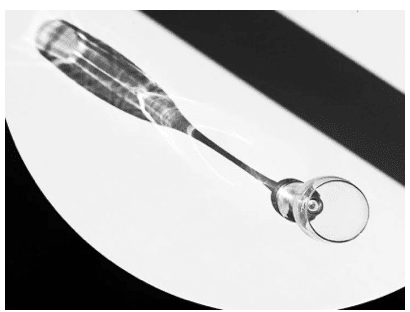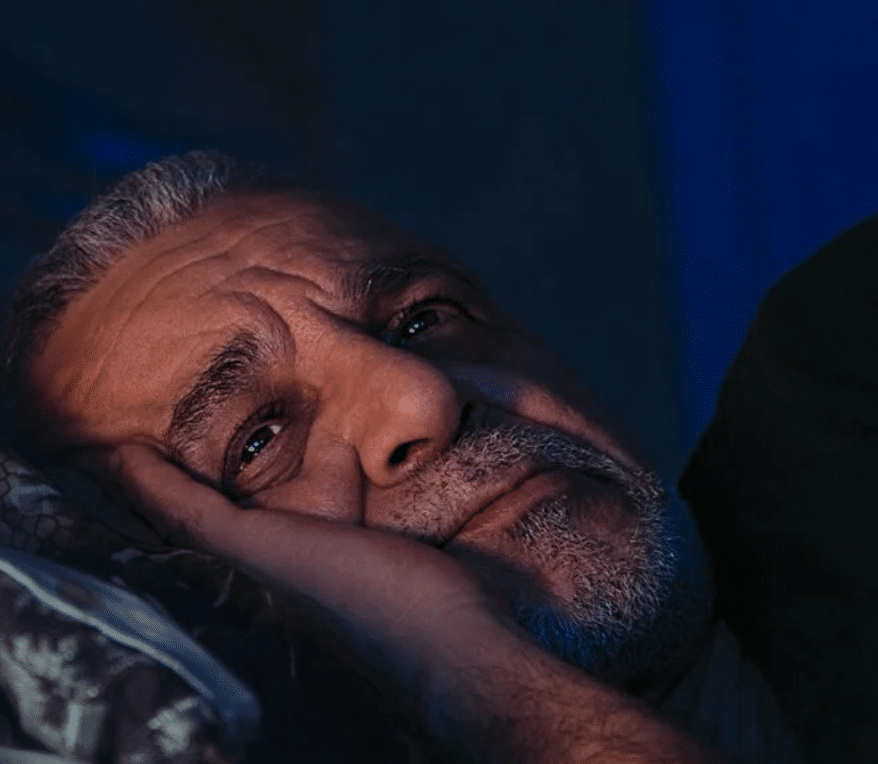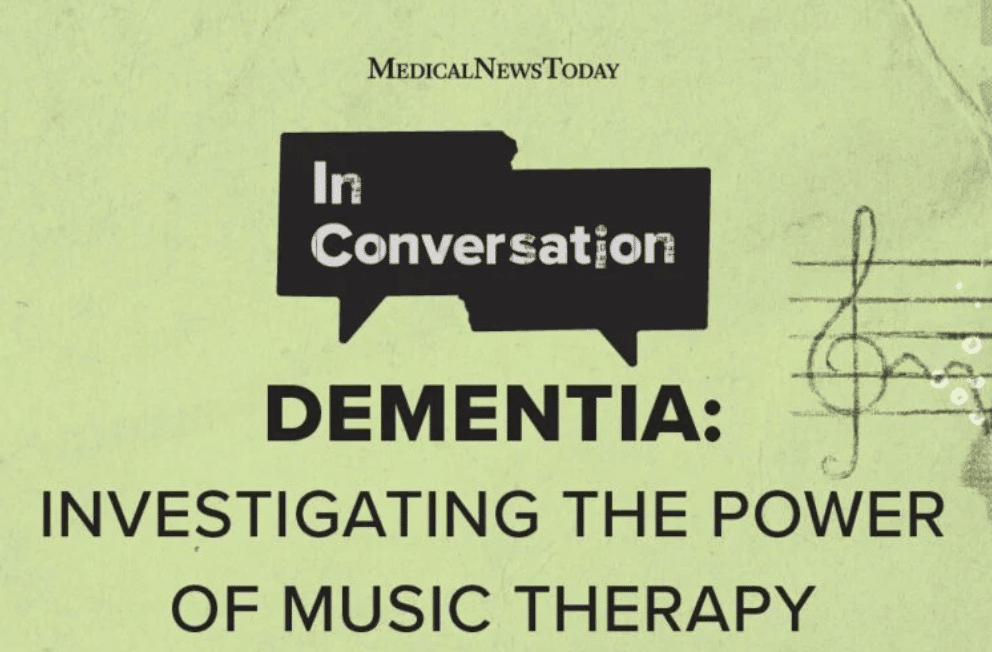In U.S.A. Today, on 2/13/18, there was an article entitled, “Pharma paid patient groups.” It was written by Deirdre Shesgreen, Jayne O’Donnell and Terry DeMio and depicted Big Pharma’s complicity in the opioid epidemic. Here goes:
“The five biggest opioid manufacturers shelled out more than $10 million to patient advocacy groups, professional medical societies and affiliated individuals who then “echoed and amplified” messages that encouraged use of those highly addictive drugs, which set the stage for the opioid epidemic.
That’s according to a Senate committee investigation, released Monday, that examined the financial ties between the pharmaceutical industry and outside groups from 2012 through 2017.
“I think these groups were cheerleaders too often for opioids”, said Sen. Claire McCaskill, D-Mo., who launched the investigation last spring. McCaskill is the ranking Democrat on the Senate Homeland Security and Governmental Affairs Committee, a post she has used to investigate other drug company practices.
McCaskill’s staff sought information from the five largest opioid drug-makers, measured by global sales in 2015. Those companies are: Purdue Pharma, Janssen Pharmaceuticals, Mylan, Depomed and Insus Therapeutics.
Purdue was by far the largest donor to outside advocacy groups, which often bill themselves as grass-roots or organizations supporting patients struggling with chronic pain.
Among the recipients of drug company largesse: the U.S. Pain Foundation, the National Pain Foundation and the Academy of Integrative Pain Management.
McCaskill said some of these organizations do good work on public policy, but others are “totally dependent” on drug companies for their funding, which casts suspicion on their advocacy.
The report charges that many of the advocacy groups, buoyed by big pharma money, used “opioids-friendly messaging” to undercut state and federal efforts to curb opioid prescribing.
The report notes, for example, that the American Academy of Pain Medicine and the American Pain Society promoted opioids as safe and effective for treating chronic pain and minimized the risk of addiction.
The report says the American Academy of Pain Medicine and the Center for Practical Bioethics spoke out against federal efforts to limit opioid prescribing. The Centers for Disease Control and Prevention (they wish!) issued guidance in 2016 to doctors on when to prescribe opioid pain medication in primary care settings. The CDC recommends non-opioid therapies for chronic pain except in cases of active cancer treatment, palliative care and end-of-life care.
Some of the groups and their funders said a public health crisis is being created by the response to the opioid epidemic because chronic pain patients have difficulty getting narcotics, which is often the only thing that can address their un remitting pain.
“There are serious moral questions on both sides,” said John Carney, executive director of the Center for Practical Bioethics in Kansas City, Mo. The opioid epidemic is a “national crisis, but there are lives ravaged by pain, and that’s crisis, too, and should not be ignored.”
As states moved to restrict the length and frequency of opioid prescriptions, drug companies and the patient groups fought back with aggressive lobbying campaigns.
Purdue Pharma, the maker of Oxycontin, said in a statement that it supported groups through annual dues and “unrestricted grants” when they were “interested in helping patients receive appropriate care.”
Purdue said it supports the CDC’s guidance recommending it to doctors since it was released. Starting Monday, Purdue’s employees will no longer visit doctors offices to pitch opioids, and it will cut its sales in half to 200 people. The drugmaker’s medical affairs staff will handle questions pertaining to the drugs, Purdue said.
McCaskill called Purdue’s announcement “a major step forward,” but said the senate report is the “tip of the iceberg” in terms of how drug company money shapes health care policy debates and legislative outcomes.
She said she planned to pursue legislation that would force advocacy groups to disclose their funding sources.
The senate report says the Academy of Integrative Pain Management and the American Cancer Society Cancer Action Network led an effort to protect a 2001 Tennessee law that made it difficult to discipline doctors for overprescribing opioids.
Bob Twillman, the academy’s executive director, said the law was more of “an imagined impediment than a real impediment,” and his group wanted to revise it rather than repeal it.
From 2102-2017 here are the amounts received by select advocacy groups from top the 5 drug manufacturers”
U.S. Pain Foundation $2.9 million
Academy of Integrative Pain Mgt. $1.3 million
American Academy of Pain Medicine $1.2 million
American Pain Society $962,725
The National Pain Foundation $562,500
Washington Legal Foundation $500,000
American Chronic Pain Association $417,140
American Soc. of Pain Mgmt. Nursing $323,213
AAPM Foundation $304,605
ACS cancer Action Network $168,500
The Center for Practical Bioethics $163,095
American Society of Pain Educators $ 30,000
American Pain Foundation $ 25,000
American Geriatrics Society $ 11,785
TOTAL $ 7,905 838
How many pounds have you lost this month? At Dieta Efectiva you can lose 10-12 lbs your first week and 2-5 lbs every week after. Visit us dietaefectiva.net to learn more about our program.
CookL:JG







